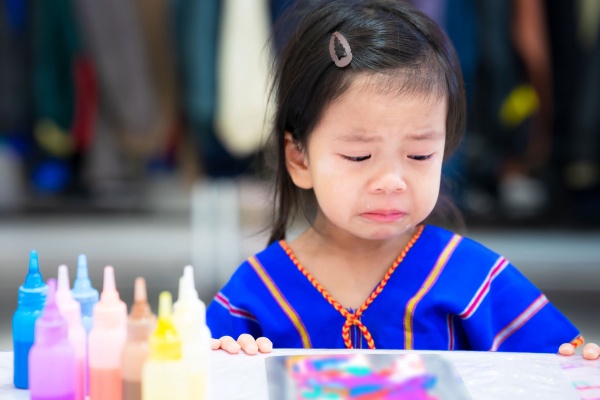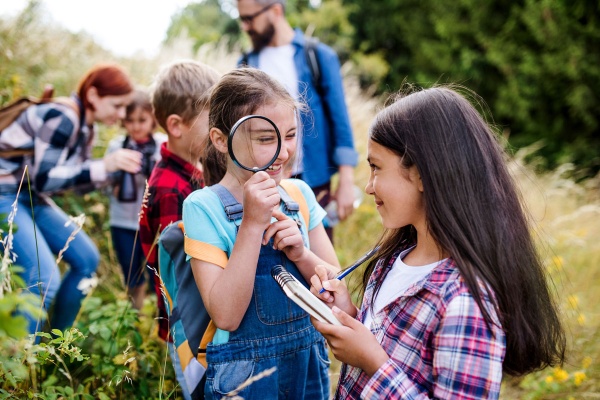
Craving Sugar Like a Drug
My 4-year-old woke up hungry this morning, and while I was making my slow, bleary-eyed way toward the kitchen, he scampered on ahead and took matters into his own hands. When I arrived, he was sitting on the floor scooping out knife-fuls of vanilla frosting from a container that had been up toward the top of the fridge.
We have a house rule that we eat healthy food before sugar, and the boys know they’re only allowed one serving of sugar per day. That second rule is a little more flexible, but in general it keeps the kids from begging for sweets all day long. They know that the more they ask, the less likely I am to give in on sugar #2.
But this is the first time one of them has blatantly helped himself to something he knew he shouldn’t be having, and as I stood there sleepily debating how to respond, the 7-year-old piped up, “What makes us like sugar so much?”
It was waaaaay too early for all this thinking! But in a weird quirk of fate, the public radio station KWMU came to my rescue, with a Morning Edition story about how overeating sugar affects our brains much the same way drugs do. That is, it makes us feel good – and if we eat high-sugar, high-fat foods, we feel really good. Briefly. If we continue to overeat sugar, our brains will become wired to crave more in order to get the same effect.
Perhaps the 4-year-old had already consumed enough frosting for the happy effect, because he didn’t create too much of a fuss when I took the bowl of kiddie crack away and steered him toward blueberries instead. I put the frosting back (on a higher shelf!) and, feeling a twinge of guilt, cooked a real breakfast.
By Amy De La Hunt, Health Blogger for SmartParenting

Amy De La Hunt is a journalist and editor who lives in the St. Louis metro area and works across the country as a writer, copy editor, project manager and editorial consultant on everything from fiction books to monthly magazines to blog posts. When she's not chauffeuring her teenage sons to activities, Amy is an enthusiastic amateur cook, landscaper, Latin dancer and traveler. Follow Amy on Instagram @amy_in_words



















